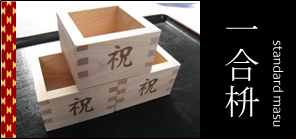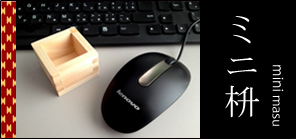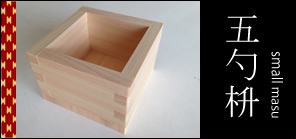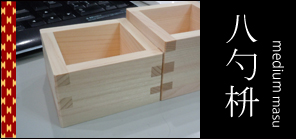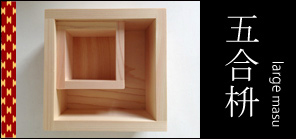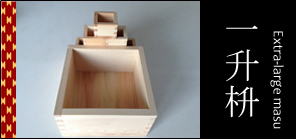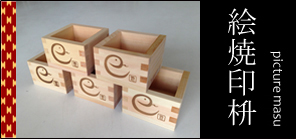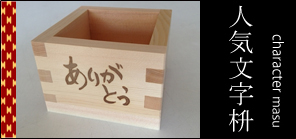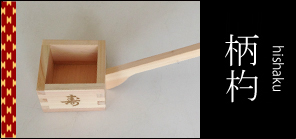


Japanese celebrations are very diverse and there are a lot of different celebrations throughout the year. Besides the most major celebrations, there are many regional Japanese celebrations as well. On this page we have attempted to collect and introduce you the most important ones:
| Date of celebration | English name | Japanese name | Japanese kanji | PH |
|---|---|---|---|---|
| 1st of January | New Year | Shougatsu | 正月 | Yes |
| 2nd Monday of January | Coming of Age | Seijin no hi | 成人の日 | Yes |
| 3rd of February | The last day of winter | Setsubun | 節分 | No |
| 11th of February | National Foundation Day | Kenkoku kinenbi | 建国記念日 | Yes |
| 14th of February | Valentine's Day | same | バレンタイン | No |
| 3rd of March | Doll's Festival | Hinamatsuri | 雛祭り | No |
| 14th of March | White Day | same | ホワイトデー | No |
| 20th of March | Spring Equinox Day | Shunbun no hi | 春分の日 | Yes |
| 29th of April | Showa Day | Shouwa no hi | 昭和の日 | Yes |
| 3rd of May | Constitution Day | Kenpou kinenbi | 憲法記念日 | Yes |
| 4th of May | Greenery Day | Midori no hi | みどりの日 | Yes |
| 5th of May | Children's Day | Kodomo no hi | こどもの日 | Yes |
| 7th of July | Star Festival | Tanabata | 七夕 | No |
| 3rd Monday of July | Ocean Day | Umi no hi | 海の日 | Yes |
| 13-15th of August | Obon | same | お盆 | No |
| 3rd Monday of September | Respect for the Aged Day | Keirou no hi | 敬老の日 | Yes |
| Around the 23rd of September | Autumn Equinox Day | Shuubun no hi | 秋分の日 | Yes |
| 2nd Monday of October | Sports and Health Day | Taiiku no hi | 体育の日 | Yes |
| 3rd of November | Culture Day | Bunka no hi | 文化の日 | Yes |
| 15th of November | Seven-Five-Three | Shichi gou san | 七五三 | No |
| 23th of November | Labor Thanksgiving Day | Kinrou kansha no hi | 勤労感謝の日 | Yes |
| 23th of December | Emperor's Birthday | Tenno tanjoubi | 天皇誕生日 | Yes |
| 24-25th of December | Christmas | same | クリスマス | No |
| 31st of December | New Year's Eve | Omisoka | お三十日 | No |
The ones that are marked in grey are not officially recognized Japanese public holidays!
Most of the Japanese celebrations have their origins deep in Japanese culture and the roots of some celebrations can even be traced back to Chinese culture. Many of these Japanese festivities have either Shinto, or Buddhist origins from where they have developed into their current form, they are a method for keeping religion alive. Some of them could be connected with Omatsuri, festivals where usually a considerable number of people celebrate a special event together. Japanese celebrations are fun, exciting, unique and some of them are even a trifle strange for Westerners. Rituals are often performed on Japanese celebrations to summon good spirits, ward off evil demons or bad luck, to honour someone or something and to express gratitude. Japanese people love celebrations, which is the reason why there are so many such occasions. If you visit Japan, don't forget to take part on some of the authentic Japanese celebrations and to collect some unforgettable memories! Check out the description of these traditional Japanese holidays if you would like to know more about them!


All the above prices are unit prices available above a given order quantity (1,30,50,100pcs)


The Masu selling company is shipping masu cups to customers both in Japan and worldwide. Recently we are getting more and more orders from not just individuals, but organizations, Japanese restaurants, international companies making a business opening celebrations Japanese style by opening a barrel of sake and drinking its contents from masu cups. An excellent way of drinking Japanese sake is to do it from a freshly made masu cup. That may be the reason why Japanese people cherish a rather intimate connection with these small wooden cups from the old times. We would like to share the best parts of traditional Japanese culture with as much people around the globe as possible.

